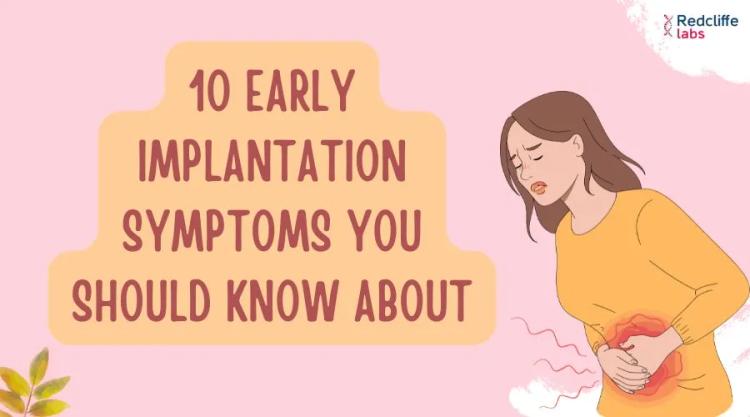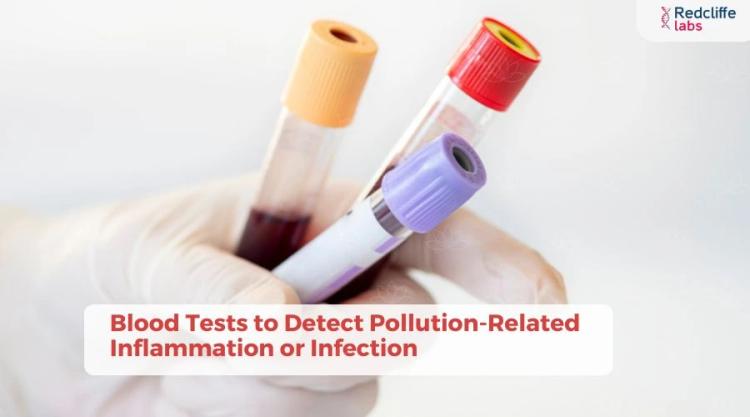A Comprehensive Guide to the Divine Dangers of Nutrient Deficiencies During Navratri Fasting

Medically Reviewed By
Prof. Ashok Rattan
Written By Sheena Mehta
on Mar 31, 2025
Last Edit Made By Sheena Mehta
on Jul 19, 2025

Navratri is a vibrant and sacred Hindu festival. It focuses on spiritual and health-conscious practice. Nine days of the festival will commence on March 30, 2025, and end on April 7, 2025. It is a brilliant opportunity for devotees to rejoice in a time for spiritual rejuvenation, cultural celebration, and physical detoxification and discipline.
If you fast for nine days and do not eat healthily enough, you may develop nutrient deficiencies that can affect your health. The Navratri diet includes certain fruits and vegetables, grains, and legumes, and inadequate nutrition can cause fatigue, weakness, and other health issues.
In today’s blog, we will explore the risk of different nutrient deficiencies that can occur due to fasting while still making a powerful connection with the divine and how to prevent them.
What is Navratri Fasting?
Also known as “vrat” or “upvas, ” Navratri fasting means abstaining from certain foods and activities. Although fasting rules vary from person to person depending on their spiritual traditions, common practices for nine consecutive days include:
- No consumption of grains, legumes, and certain vegetables.
- Consume only fruits, nuts, and dairy items.
- Drink water to avoid dehydration and feel energetic
- No worldly pursuits and physical intimacy.
Navratri fasting can offer a transformative experience only if you incorporate practical tips into your fasting regimen.
Top 7 Nutrient Deficiencies that Can Affect Your Health During Navratri Fasting
1. Iron deficiency
Iron plays a crucial role as it transports oxygen in the body. Iron deficiency can develop during Navratri fasting and can cause:
- Fatigue
- Pale skin
- Shortness of breath
- Weakness
- Breathlessness
- & anemia
Also read: Vegetable to Eat and Avoid During Navratri Fasting
3 Healthy Tips for Prevention:
You should focus on consuming iron-rich foods during the nine days of Navratri, such as:
- These include amaranth (rajgira), nuts, and seeds.
- Increase vitamin C by adding citrus fruits and tomatoes to your Navratri diet.
- Iron supplements to maintain iron levels in the body.
2. Vitamin B12 deficiency
Vitamin B12 helps in brain and nerve function and red blood cell production. Its deficiency can cause:
- Numbness in hands
- Weakness and tiredness
- Digestive discomfort
- Mood disturbances
- & even cognitive decline
3 Healthy Tips for Prevention:
- Add dairy products like paneer (cottage cheese) and curd to your Navratri diet.
- You can also consume fortified plant-based milk.
- Also, add a vitamin B12 supplement if needed.
3. Electrolyte Imbalance
Fasting in the summer can deplete electrolytes. Your body should maintain fluid balance and muscle function. Hence, sodium, potassium, magnesium, and calcium are essential to help your cells maintain the right balance of fluids. Electrolyte deficiency can cause:
- Muscle cramps
- Headaches
- Irregular heartbeat
- Severe dehydration
3 Healthy Tips for Prevention:
- Drink plenty of water to maintain hydration levels in the body.
- Drink coconut water and buttermilk to improve hydration and maintain electrolyte balance.
- Eat bananas and sweet potatoes during fasting hours. They are high in potassium.
4. Vitamin D Deficiency
Vitamin D deficiency can lead to weight loss during Navratri fasting due to the release of this vitamin from adipose tissue. Besides, vitamin D is essential for your bone health and immune function. Not maintaining vitamin D during Navratri fasting can cause:
- Bone pain and weakness
- Increases the risk of fractures
- Mood swings
- Muscle spasms
- Depression
3 Healthy Tips for Prevention:
- Eat dairy products, makhana (fox nuts), and almonds
- Add fortified plant-based milk if not consuming dairy
- Pair vitamin D with calcium for better absorption.
Also read: How to reduce cholesterol during Navratei Fasting
5. Omega-3 Deficiency
Omega-3 is essential for heart health and brain function and reduces inflammation. Besides, it also protects you from several chronic conditions. An Omega-3 deficiency can cause:
- Depression and anxiety
- Cognitive impairment
- Increases the risk of heart disease
- Autoimmune disorders such as rheumatoid arthritis (RA)
- Inflammation
2. Healthy Tips for Prevention
- Include omega-3 in your Navratri fasting diet, such as walnuts, chia seeds, and flaxseeds.
- You can also take an omega-3 supplement to cover the deficiency.
6. Fiber Deficiency
During Navratri fasting, you tend to consume less fiber due to not eating whole grains and certain vegetables. Less fiber intake can cause:
- Constipation
- Bloating
- Elevated cholesterol levels
3 Healthy Tips for Prevention:
Consume fiber-rich vegetables, fruits, and nuts during Navratri fasting.
Drinking water will provide relief from scorching summer heat and support digestion during this time.
Add natural fiber supplements such as flaxseeds or psyllium husk.
7. Carbohydrate Deficiency
Since you eliminate wheat and rice during Navratri fasting, less carbohydrate intake can cause:
- Low energy levels
- Irritation
- Mood swings
- Weakness
2 Healthy Tips for Prevention
- Eat sweet potatoes, sabu dana (sago), and kutu ka atta (buckwheat flour). They provide sustained energy.
- Balance your micronutrients to support vital daily functions and keep your energy levels intact.
Contact Redcliffe Labs for a Health Checkup before Navratri Fasting!
Nine days of Navratri fasting are a spiritual and detoxifying practice. However, they also include dietary and lifestyle changes that may affect one's health.
Before you commence fasting, get a health checkup, especially if you have a pre-existing medical condition.
Call us at 898 898 87 87 or download the Redcliffe Labs mobile app to book a test online with a home sample collection. We assure you of accurate and affordable diagnosis before your Navratri fast.
5 Crucial Health Tests to Consider Before Navratri Fasting:
- Complete Blood Count (CBC)
- Blood Sugar Test (Fasting & Postprandial)
- Lipid Profile
- Liver Function Test (LFT) & Kidney Function Test (KFT)
- Thyroid Function Test (T3, T4, TSH)
Key Takeaway
When done correctly, Navratri fasting can be a health-boosting practice and spiritually enriching. However, ignoring nutrient intake can significantly affect your health. Ensure you make informed food choices and include food packs with essential vitamins and minerals to obtain the maximum benefits of fasting without compromising your well-being.



